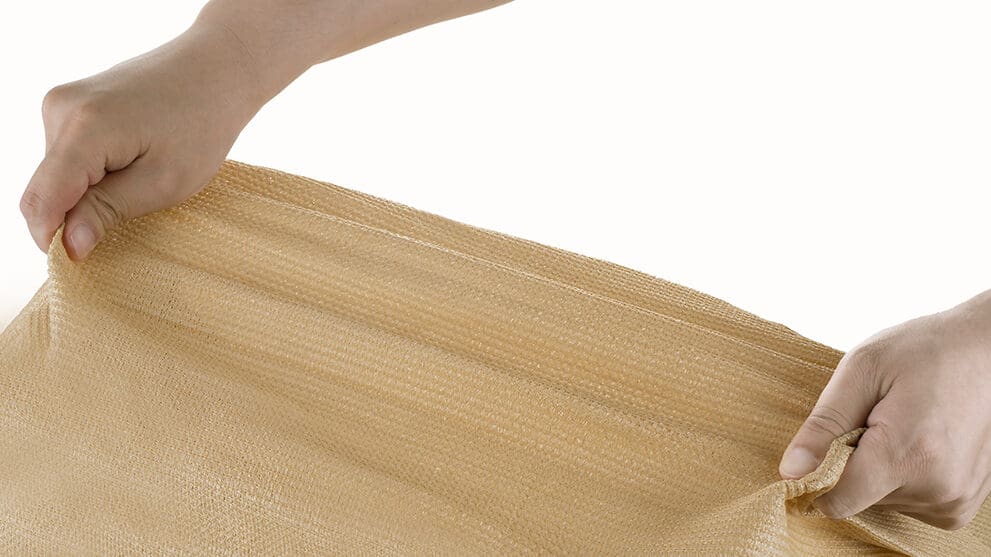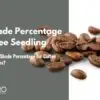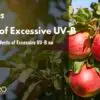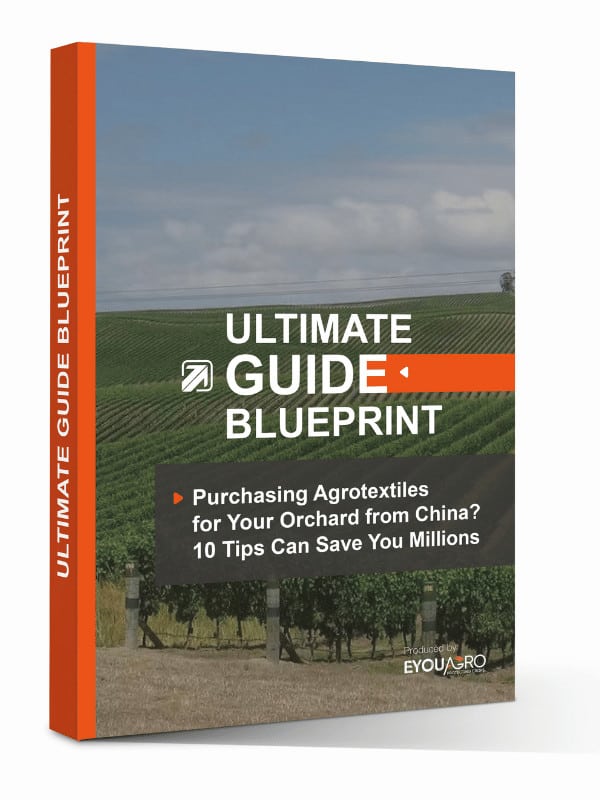The sun is an amazing energy source but can also be dangerous. If you don’t install shade protection, your crop, livestock, and patio will get serious problems.
One way to keep the sun from beating down on your patio, greenhouse, or vegetable garden and harming them is by installing a shaded fabric. Good shade cloth will protect you!
1. Choose the Right Type of Shade
Look for a shaded fabric that is durable, lightweight, and strong. Your durable sunscreen fabrics are made to last long and resist tearing or ripping when installed correctly.
Lightweight materials can be easily moved around in case you need to move to other places or greenhouses. Strong sunshade materials have been tested by an independent laboratory before being sold on the market, so you know they’re strong enough for what you’re looking for!
2. Consider the Area You’re Putting Your Shade
Consider the area you’re putting your fabric sunshade. For example, consider the following questions
- What is the temperature?
- Is it hot or cold?
- Is it windy and rainy, or sunny and dry? You can find out by looking at a weather forecast before you put your sun blocker shade.

Consider how much exposure each area receives from both direct sunlight and indirect light. This is from surrounding buildings or other structures such as parking lots that cast shadows onto your greenhouse, cattle shed, or the farm during certain times of the day. This will determine whether buying one solid fabric will suffice rather than many different screen fabrics that work together.
3. Think About How Your Shade Will be Used
When choosing a shade fabric, you’ll want to consider the following:
- The size of your area.
If you’re buying a large roll that’s going to cover an entire garden, patio, or balcony, then it might be best for this project if you choose an outdoor-friendly material.
- The kind of protection you want
For example: Do you need privacy? Do we need sunblock? Are there any plants nearby that need protection from the elements outside? These questions will help determine what type of fabric would be most appropriate based upon where they’ll end up being used and how often they’ll need maintenance services performed on them over time
4. Taking into Account the Aesthetics
Consider the aesthetics of your garden, patio, or orchard. You may want to choose an all-over color or pattern that will complement the rest of your environments. For example, if you have a large expanse of grass in front of your house, then you might want to go with all-over green shade fabric. This is because it will give off a relaxing feeling when sitting on it on those sunny days.
If however, there is not much greenery around and instead more trees or shrubs growing around them then perhaps something more earthy would be more appropriate such as browns and greens.
When deciding on which sun blocker shade should be purchased make sure that they match exactly what else has been purchased already so nothing clashes together unexpectedly later down the line when putting them up together later one day!
5. Compare Sun Protection Factors
When it comes to selecting sun screen fabric, SPF (sun protection factor) is a measure of how well a fabric protects against UV rays. The higher the SPF number, the more protection you will get from your shade fabric.
SPF stands for Sun Protection Factor and it’s calculated using a formula that takes into account both UVA and UVB radiation. UVA rays cause aging while UVB causes sunburns on skin exposed to direct sunlight.
Therefore, these two types of radiation are measured separately to determine their respective effects on human health as well as how much damage they do when they hit your skin
6. Evaluate the Wind Resistance
Before you buy a shade fabric, it’s important to consider the wind resistance. There are two ways to test for this:
- Wind speed – This can be used as an indicator of how strong the material will be in high winds. You should look for fabrics that have at least 30mph as their minimum rating or even 45 mph if possible.
- Strength – The second way is by looking at how much force it can withstand before ripping apart under pressure from windy conditions. For example, if a fabric has 10kpsi (kilopascals) tensile strength—that means it’s capable of holding up 10 thousand PSI which is about twice as much as your average human being!
7. Get a Price Quote before Purchase
Before you buy any shade fabric, it’s important to get a price quote. You can do this by contacting several suppliers, manufacturers, and distributors.
Some of the questions you might ask are: How much does it cost per yard? Do I need to buy more than one roll of fabric? Is there any discount available if I buy in bulk? How long will my order take to arrive at my door? Are there any other costs associated with using your service (e.g., freight)?
9. Assess the Fabric – Lightweight, Strong and Durable
The best thing about shading fabrics is that they are lightweight. They are also strong enough to hold up well over time compared to other types of fabrics. You should not use heavy weights in your shade as this can lead to sagging issues or even tearing in some instances.

Look for fabrics that will hold up over time because these will offer you a long-lasting solution for protecting your shades from damage caused by sunlight and other elements such as rain or snowfall.
Conclusion
We hope that you now have a better idea of how to get the most of the shade cloth for your needs. Remember these tips: consider the fabric type and color, check out the aesthetics of the shades, look at the area where they will be used and compare SPFs.
Eyouagro is a reputable maker of shaded fabrics. Our highly skilled technical staff and state-of-the-art production machinery ensure the superior quality of our products. We have extensive expertise in this field. Many nations, including those in Asia, Europe, and America, have received our exports. Numerous businesses, such as those in agriculture, transportation, fishing, and other fields, have made extensive use of our products.
You are welcome to request samples or send us an email at info@eyouagro.com.









